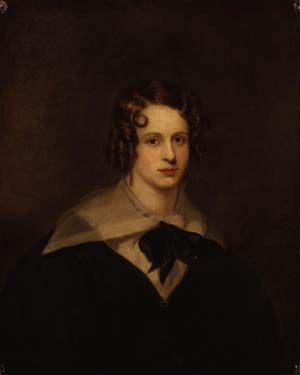The Ivy of Kenilworth
Felicia Hemans
Heard'st thou what the Ivy sighed,
Waving where all else hath died,
In the place of regal mirth,
Now the silent Kenilworth?
With its many glistening leaves,
There a solemn robe it weaves;
And a voice is in each fold,
Like an oracle's of old.
Heard'st thou, while with dews of night
Shone its berries darkly bright?
Yes! the whisperer seemed to say,
"All things, all things pass away.
"Where I am the harp hath rung
Banners and proud shields among,
And the blood-red wine flowed free,
And the fire shot sparks of glee.
"Where I am, now last and lone,
Queenly steps have come and gone,
Gorgeous masques have glided by,
Unto rolling harmony."
Flung from these illumined towers,
Light hath pierced the forest bowers,
Lake and pool and fount have been
Kindled by their midnight sheen.
"Where is now the feasting high?
Whei-e the lordly minstrelsy?
Where the tourney's ringing spear?—
I am sole and silent here!
"In my home no hearth is crowned,
Through my hall no wine foams round;
By my gates hath ceased the lay;
All things, all things pass away!"
Yes, thy warning voice I knew,
Ivy! and its tale is true;
All is passing, or hath passed,—
Thou thyself must perish last!
Yet my secret soul replied,"
Surely one thing shall abide ;
'Midst the wreck of ages, one,—
Heaven's eternal Word alone!"
There was a castle at Kenilworth in Saxon times, and it became a major fortification under the Normans. The castle was the headquarters of the baronial rebels in their revolt against Henry III. The then Prince Edward (later Edward I) attacked the rebels and his siege of the castle became the longest siege in Britain.
Cromwell's men rendered the castle ineffective during the English Civil War by demolishing a large portion of the walls.
